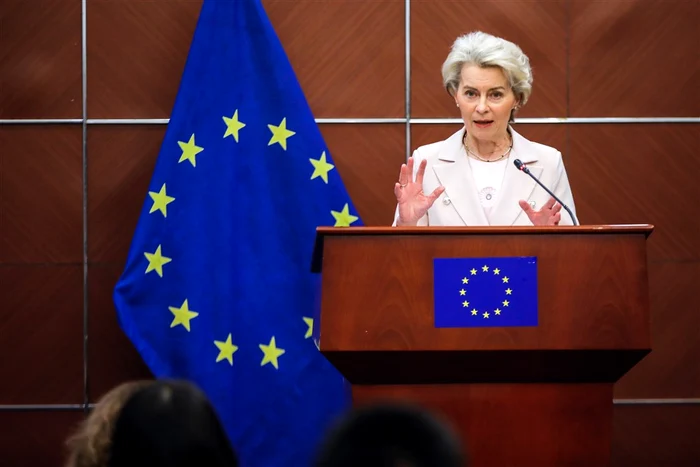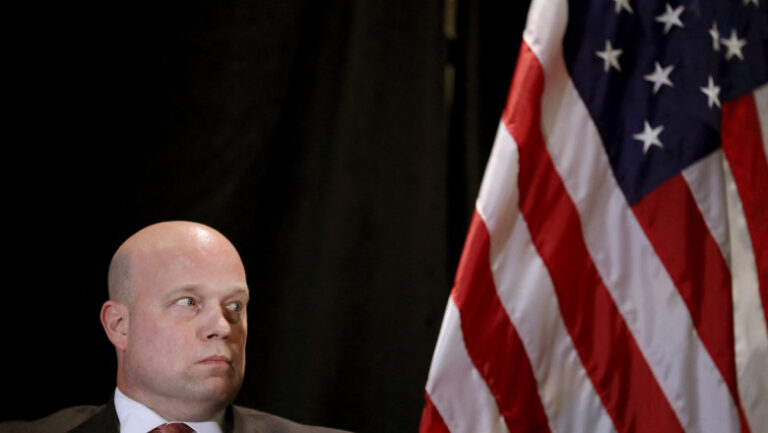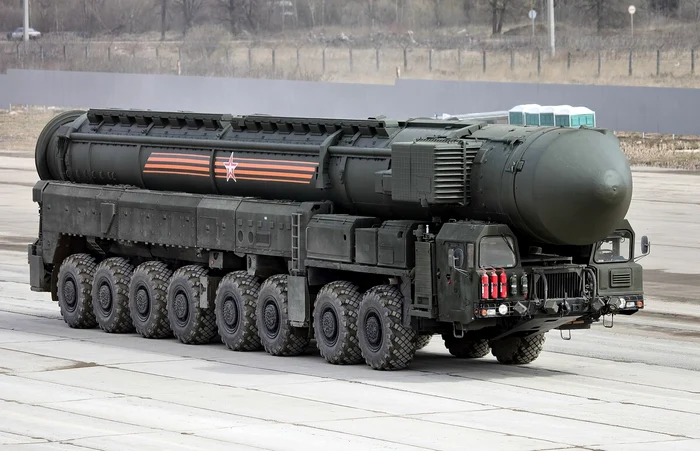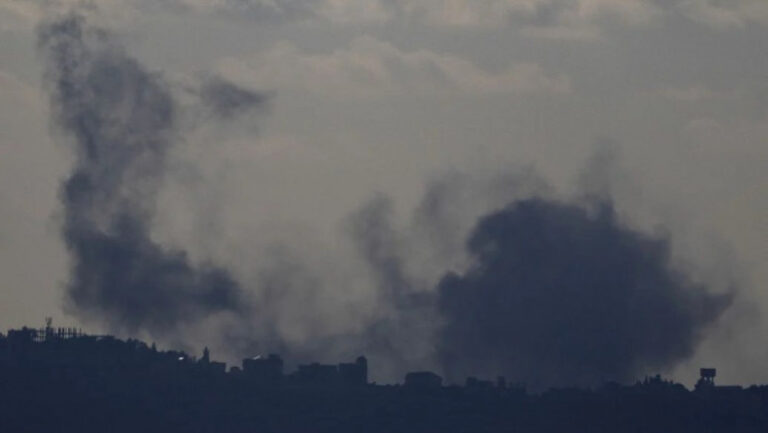
_Israel's_PM_Netanyahu_Approves_Deadly_Pager_Strikes_Against_Hezbollah__An_Inside_Look_
Israeli Prime Minister Approves Deadly Strikes against Hezbollah
Background of the Attack
In a move that has heightened tensions in the Middle East, Israeli Prime Minister Benjamin Netanyahu approved pager strikes against Hezbollah, the Iran-backed Lebanese armed group. These attacks were carried out in September, marking a significant escalation in the conflict between Israel and Hezbollah. The Israeli army, which had been engaged in cross-border fighting with Hezbollah since the start of the Gaza war in October 2023, initially refused to comment on the detonations.
The Pager Strikes
On September 17, thousands of pagers exploded simultaneously in Beirut’s southern suburbs and other Hezbollah strongholds. The detonations occurred when the devices received incoming messages. A Hezbollah official, speaking anonymously, labeled the incident as “the biggest security breach” for the group in the ongoing conflict with Israel.
Casualties of the Attack
Many victims were rushed to hospitals with severe injuries, including eye wounds, missing fingers, and significant abdominal injuries. In total, the pager attack and a subsequent one the following day that targeted armed walkie-talkies resulted in 39 people killed and more than 3,400 wounded.
Netanyahu’s Claim of Responsibility
Netanyahu accepted responsibility for the attack during a cabinet meeting. He stated that despite opposition from senior defense officials and political figures, he decided to proceed with the operation. This move underscores Netanyahu’s hardline stance towards Hezbollah and his willingness to take drastic measures to counter the group’s activities.
The Aftermath
The attacks have sparked international concern over the escalating conflict in the region. They also highlight the increasing use of technology in modern warfare, with both sides employing innovative tactics to gain an advantage. As tensions continue to rise, international observers will be closely monitoring the situation for any signs of potential diplomatic resolutions.





